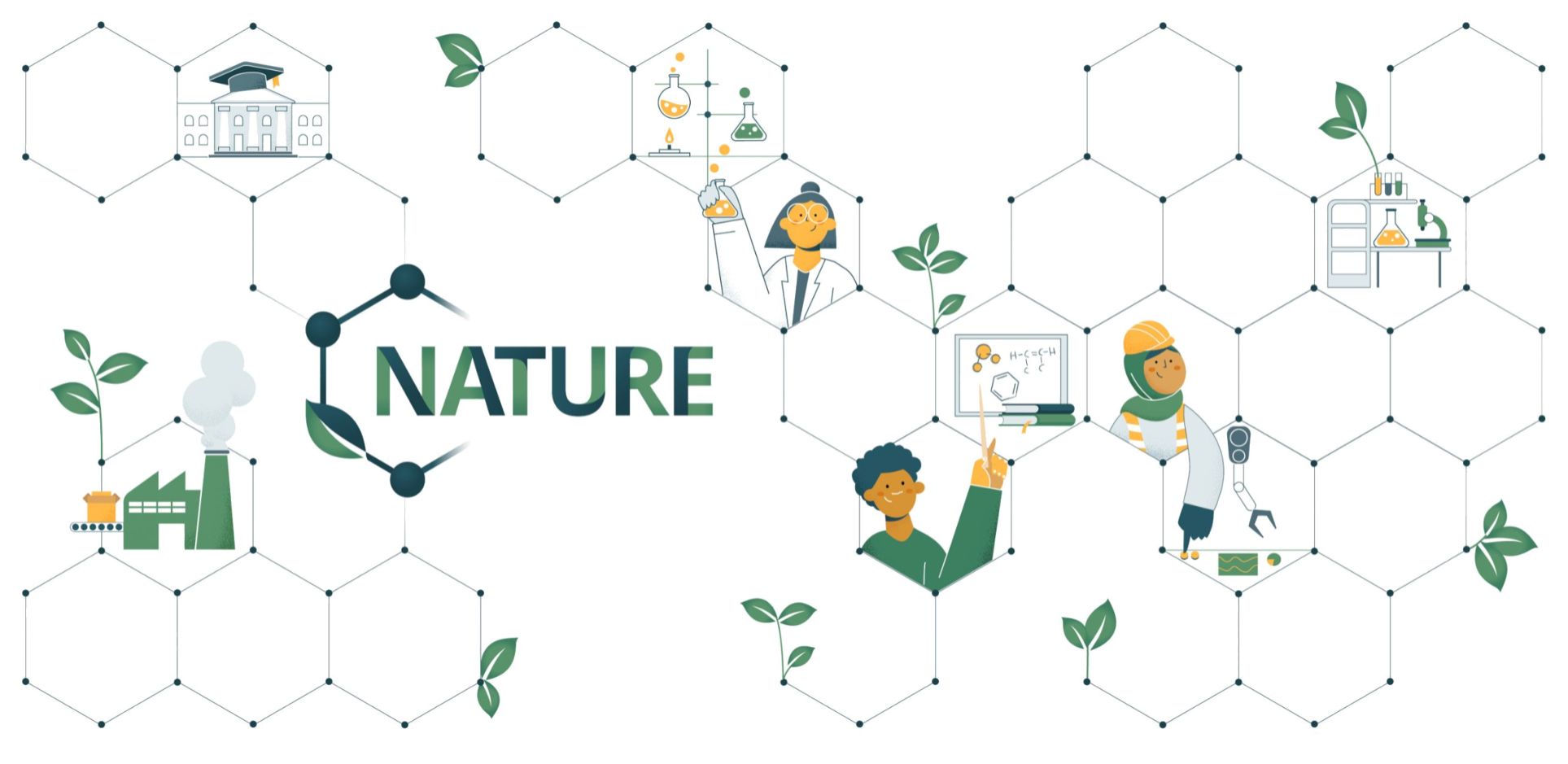POLYKEY is pleased to announce the launch of the European project NATURE

As coordinator of the European Union’s Horizon 2020 project NATURE, POLYKEY is very proud to announce the starting of this ambitious project towards a more circular plastic economy.
The vast majority of plastics employed for packaging are designed for performance and durability, but not for degradability or recyclability. This, combined with their short lifetime, is leading to a tremendous growth of disposed plastics ending in landfills and oceans. The transition from the current linear to a circular plastic production model is necessary and we are willing to make it possible. Biodegradable polymers based on ester linkages can be envisaged as part of this solution. These materials have the advantages of being possibly bio-sourced and enzymatically or hydrolytically degradable. However, their low permeability and/or poor mechanical properties limit their current use for packaging applications. NATURE proposes an innovative research training program at the forefront of circular economy of biobased polyesters. The project will develop fundamental knowledge in the synthesis of new polyester-based materials, where the polymers are designed considering both their performances and recyclability.
NATURE joins the expertise in biobased monomers and recycling of our company, with the academic excellence in sustainable polymers and catalysis from the University of Birmingham and in barrier properties from the University of the Basque Country (UPV/EHU)/POLYMAT institute.
NATURE is currently recruiting four highly motivated PhD candidates. The offered positions are available to start August-September 2021 with a duration of 3 years. All positions entail mobility between two countries, PhD students will spend 50% of their total employment time at POLYKEY POLYMERS, in Spain and 50% at the University of Birmingham in the UK.
This project has received funding from the European Union’s Horizon 2020 research and innovation programme under the Marie Skłodowska-Curie grant agreement Nº 956439.